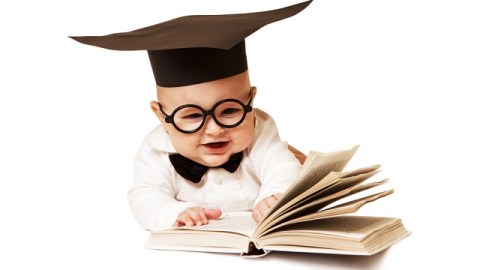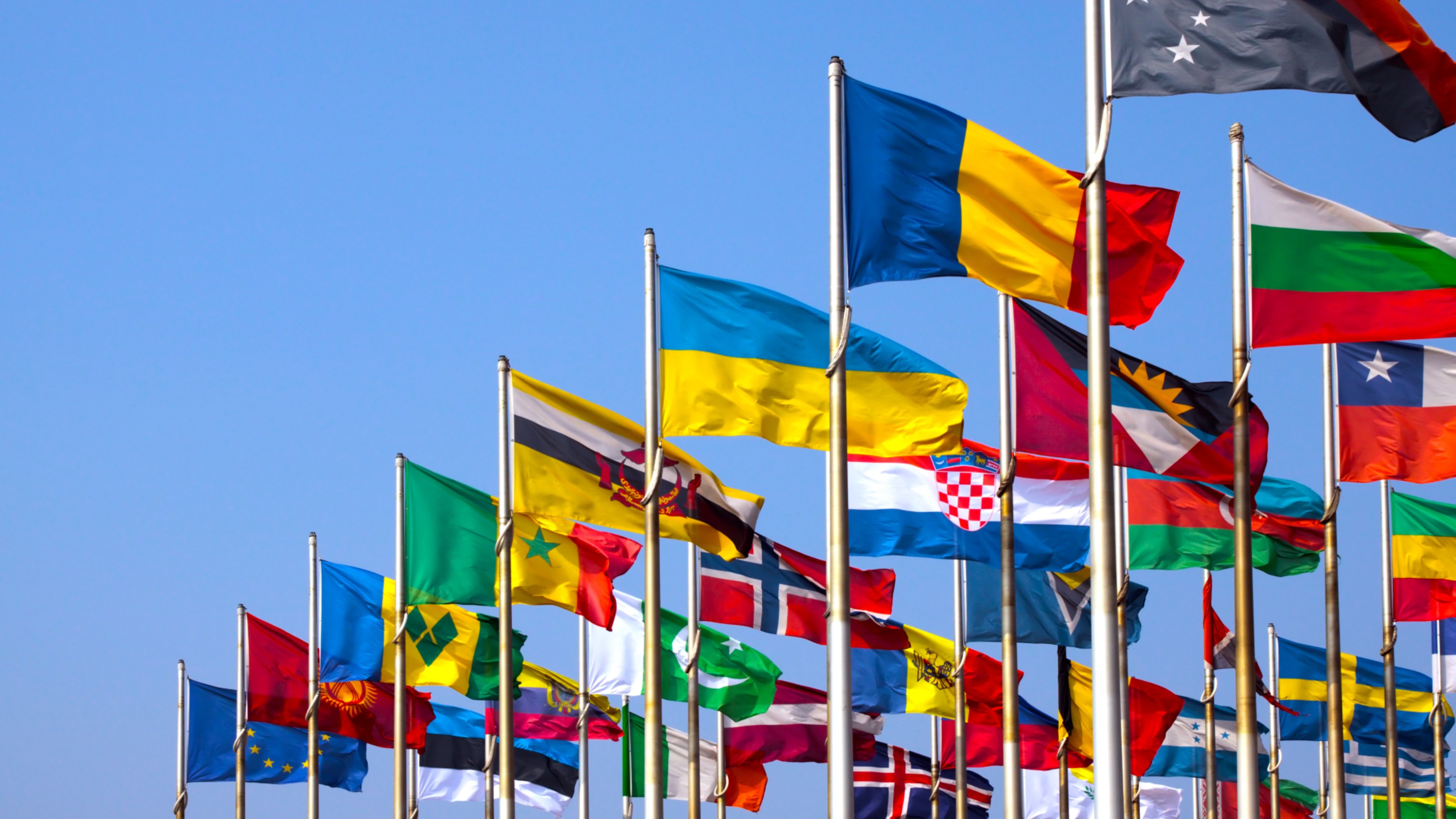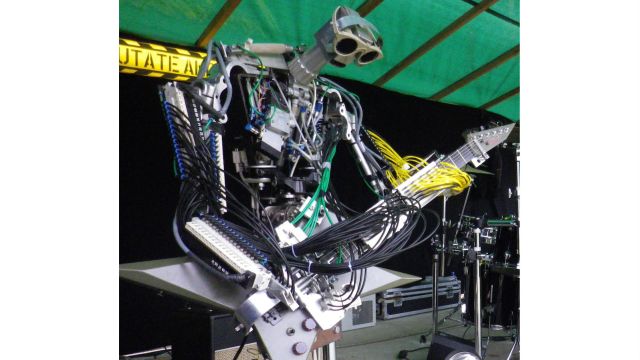Other Countries’ Kids Are Happy; America’s Kids Are Smart

What’s the Latest Development?
A study released by University of Connecticut researchers suggests that American parents’ heavy focus on mental enrichment is behind their tendency to label their children as “intelligent” more frequently than “happy” or “easy”. The latter were among the top labels used by parents in other countries, including Sweden and Australia. Another part of the study that focused on family time revealed that Americans were more likely to set aside “special time” for each child, whereas Dutch parents and children habitually spent time together as a family for a few hours every day.
What’s the Big Idea?
Of 60 families from six countries who were asked to describe their kids, only the American families consistently focused on intelligence, and co-lead researcher Sara Harkness confirmed that “[t]he US’ almost obsession with cognitive development in the early years overlooks so much else.” Writer Olga Khazan speculates that Americans’ longer work hours may play a role: “[P]erhaps characteristics like intelligence and inquisitiveness — which would arguably better-suit one for a life of industriousness — are more valued.” Also, generous parental leaves offered to European parents may give them more time to establish regular routines.
Photo Credit: Shutterstock.com





